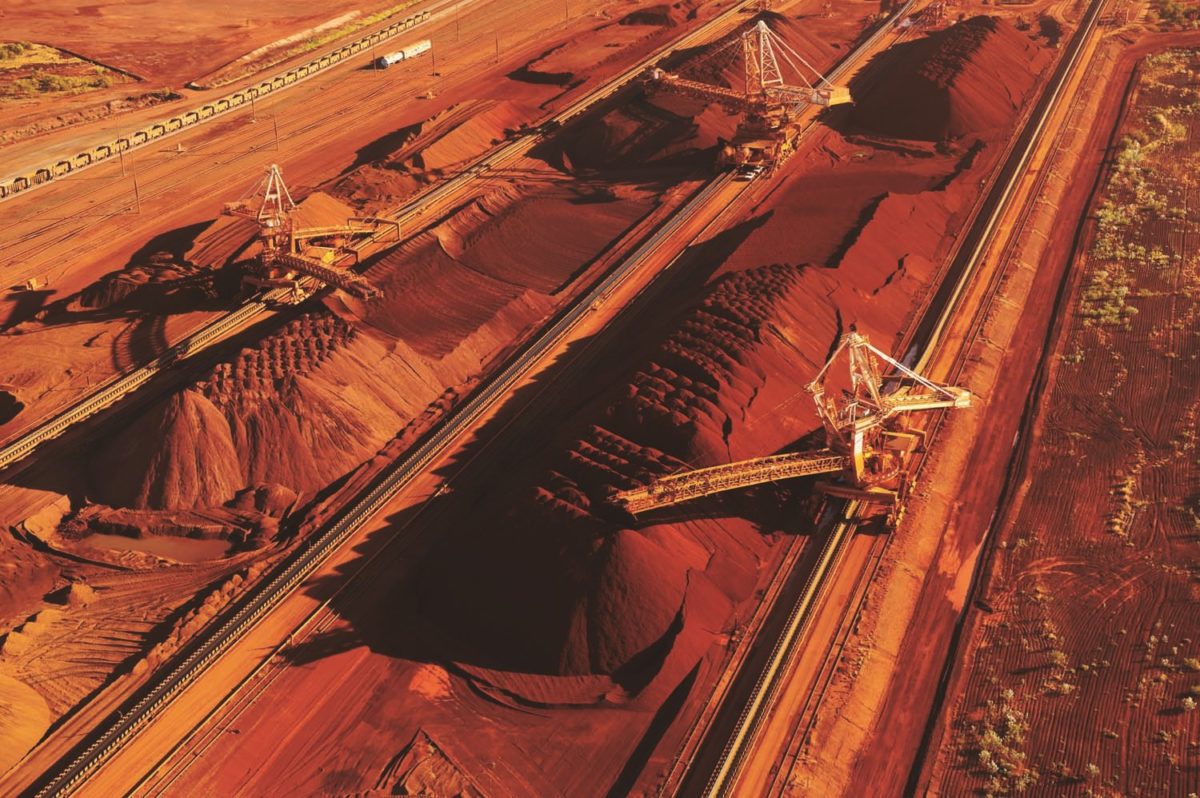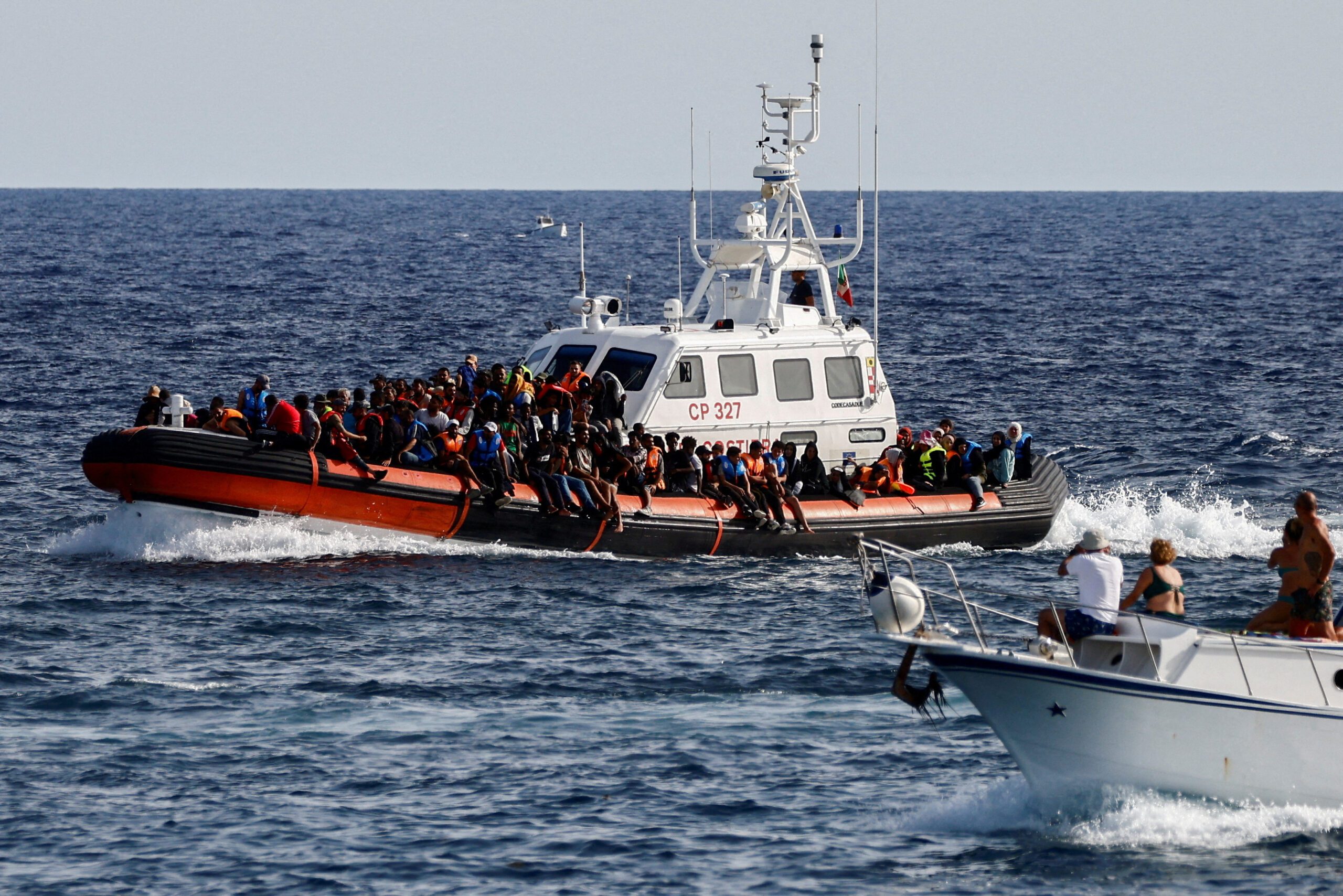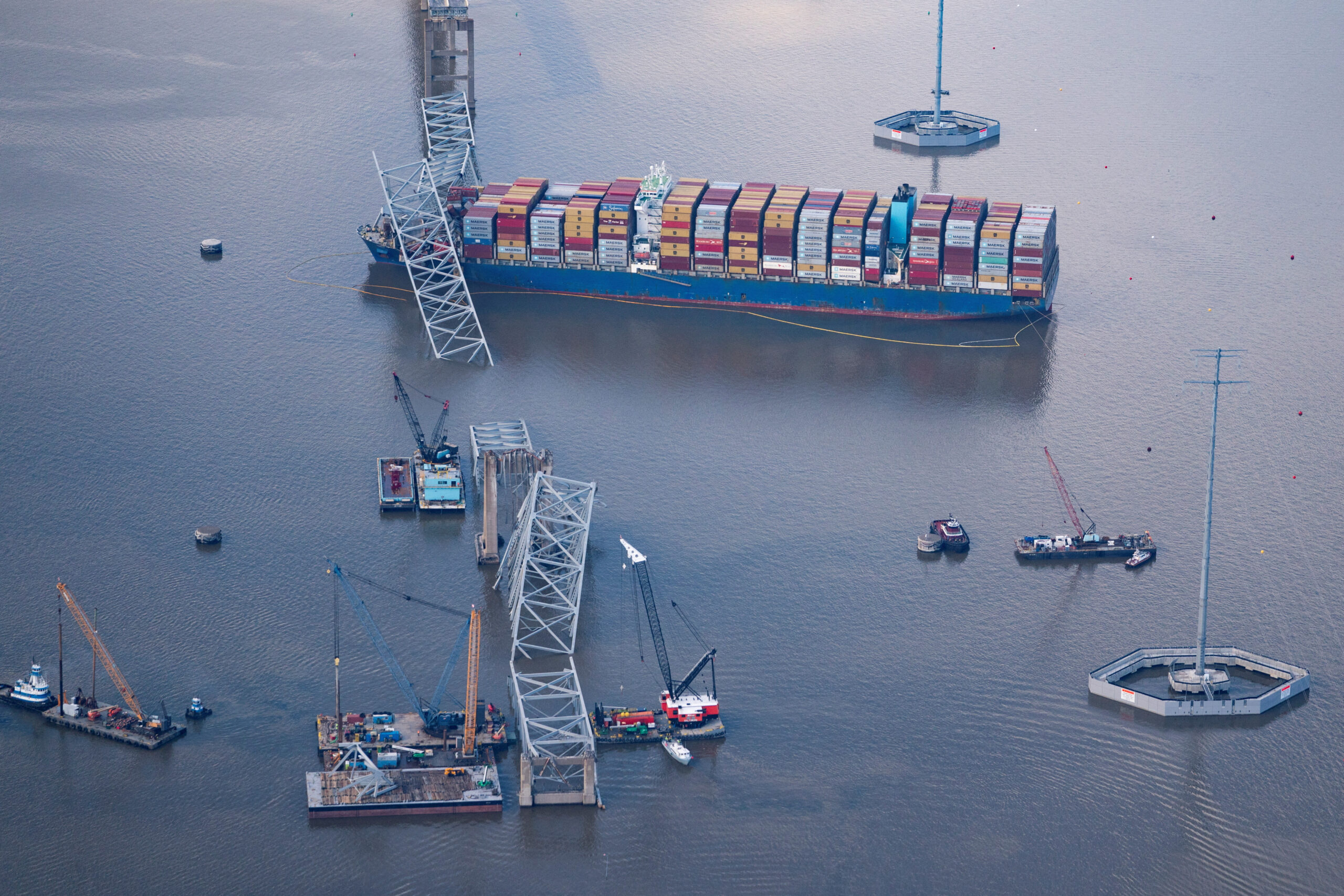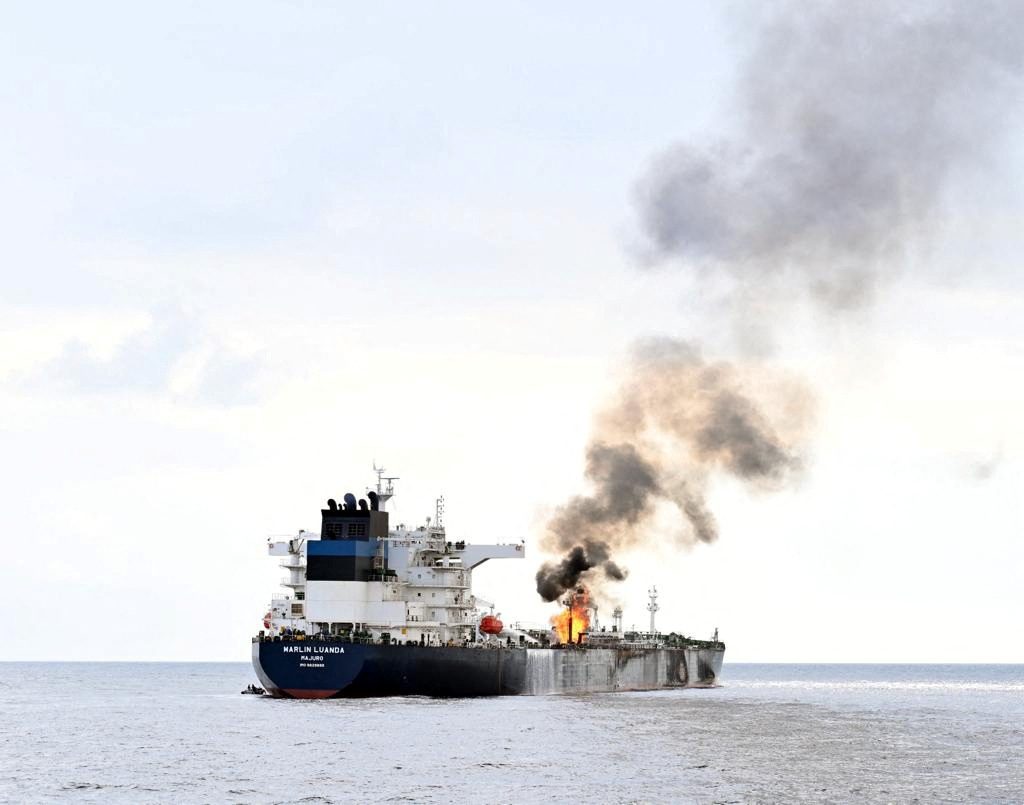Chinese demand for iron ore cargoes may advance more slowly than expected following holidays in the Asian country, because import prices are at level that makes them less competitive with domestic supplies.
Imported ore at Tianjin, a Chinese port, gained 1.4 percent to $157.20 a dry metric ton today, according to data from The Steel Index Ltd. It cost $12.40 a ton more than the average price of the raw material produced domestically on Feb. 15, according to the index and information from researcher Beijing Antaike Information Development Co. compiled by Bloomberg. China is the biggest buyer of the commodity.
The nation’s steel mills, returning from Lunar New Year holidays, may replenish less than anticipated even after stocks at the the nation’s ports plunged, Arctic Securities ASA analyst Erik Nikolai Stavseth said in an e-mailed report today. The higher cost of imports relative to Chinese supplies may be limiting purchases, RS Platou Markets AS, the investment banking unit of Norway’s largest shipbroking company, said in an e- mailed report today.
“With iron ore port stocks at low levels, a restocking might be on the cards but we fail to see a full-blown restocking with prices at close to $160 per ton,” Stavseth said.
Price arbitrages that make it profitable for traders to transport coal and iron ore to China are becoming more important for ship demand than the nation’s economic growth, Platou Economic Research said this month.
Imported ore has exceeded the average domestic price since Dec. 11 and was as much as $25.10 a ton higher on Jan. 8, the most in data compiled by Bloomberg going back to December 2011.
Colombian Strike
There are also fewer iron ore cargoes available from Brazil for export to China, according to Platou. A mine strike in Colombia, shipper of an estimated 10 percent of coal used for power stations, is limiting shipments from the country, it said.
China will buy about 66 percent of the 1.18 billion tons of iron ore to be shipped by sea this year according to Clarkson Plc, the biggest shipbroker. About 90 percent will travel on the global Capesize fleet, now at 1,513 vessels, estimates from Clarkson and London-based shipbrokers ICAP Shipping International Ltd. show.
The Baltic Dry Index, a measure of shipping costs, declined 0.8 percent to 747, according to the Baltic Exchange, a London- based assessor of freight costs. Average rates for Capesize ships slid 5.7 percent to $6,366 daily, led by declines to hire the ships trading within ports in the Atlantic ocean region, data show.
Hire costs for Panamax vessels, the largest to transit the Panama Canal, gained 1.6 percent to $6,732 daily, while Supramaxes about 25 percent smaller climbed 1 percent to $7,100. Handysizes, the smallest, gained 0.2 percent to $6,124.
– Michelle Wiese Bockmann, Copyright 2013 Bloomberg.
Unlock Exclusive Insights Today!
Join the gCaptain Club for curated content, insider opinions, and vibrant community discussions.

 Join The Club
Join The Club













